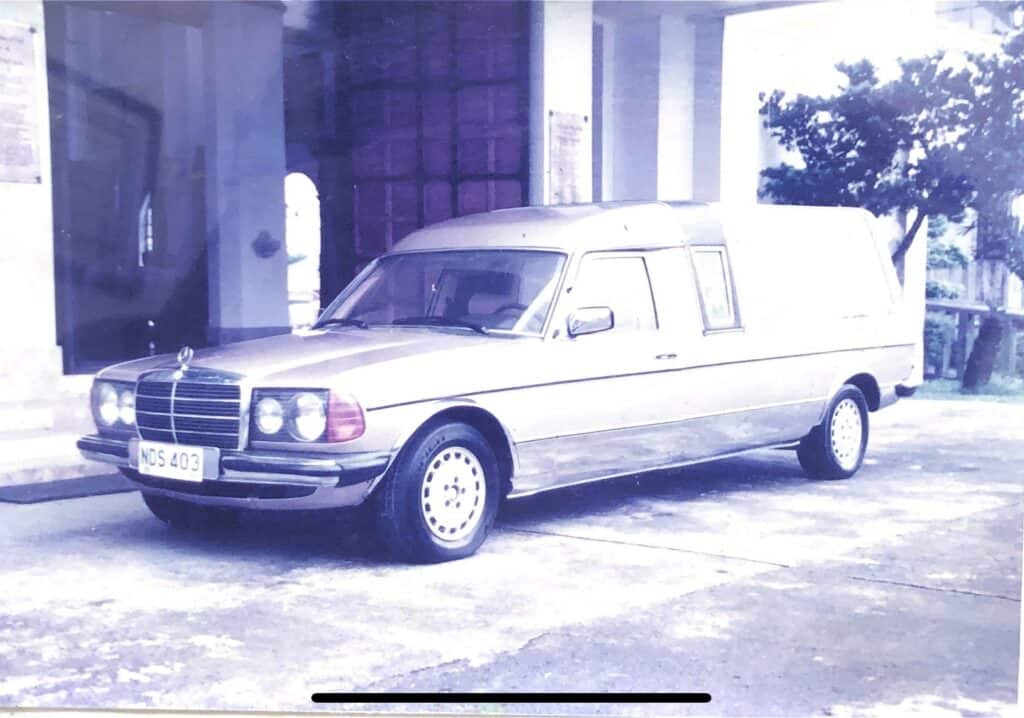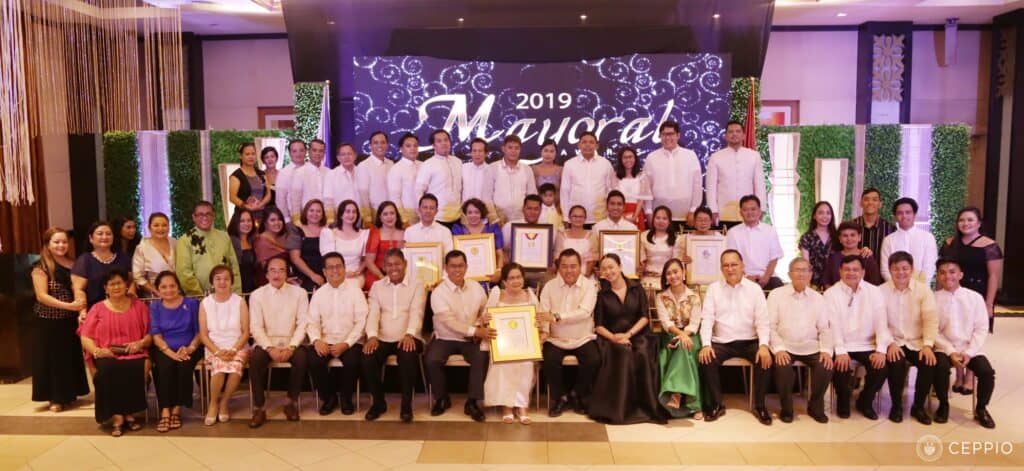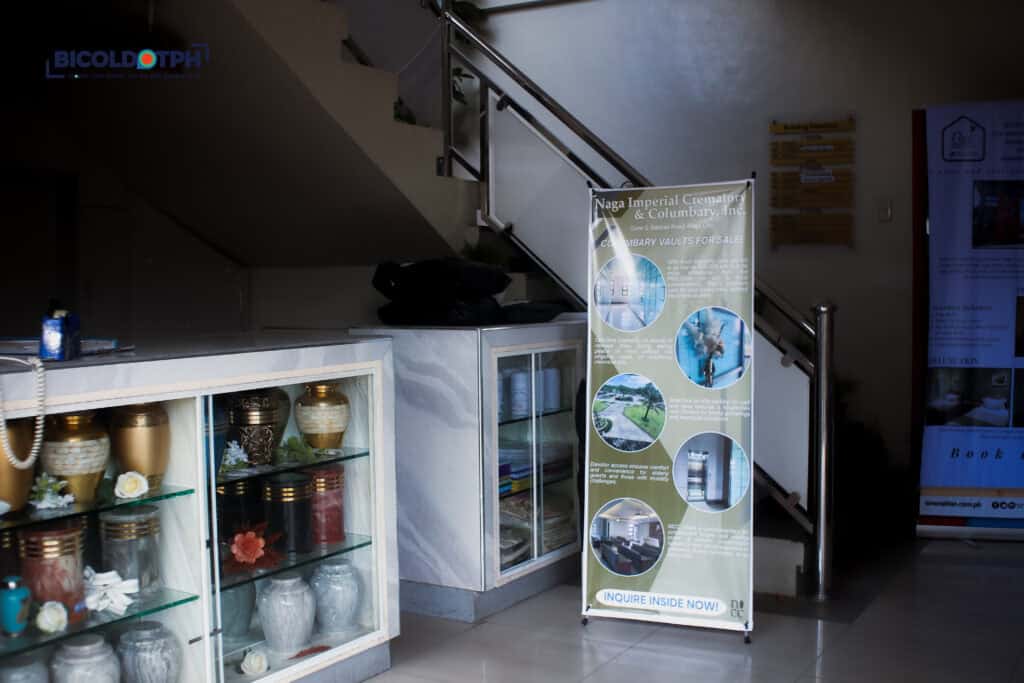For generations, the topic of death has often been shrouded in hushed tones, a subject deemed taboo in societies deeply rooted in cultural beliefs and ancestral traditions. Yet, as the world evolves, so too do the ways in which we approach the inevitable.
Modernization has gradually transformed the customs surrounding death, from the solemn rituals to the very vessels that cradle our departed loved ones. In Naga City, one institution stands as a testament to this evolution and enduring service: Funeraria Imperial.
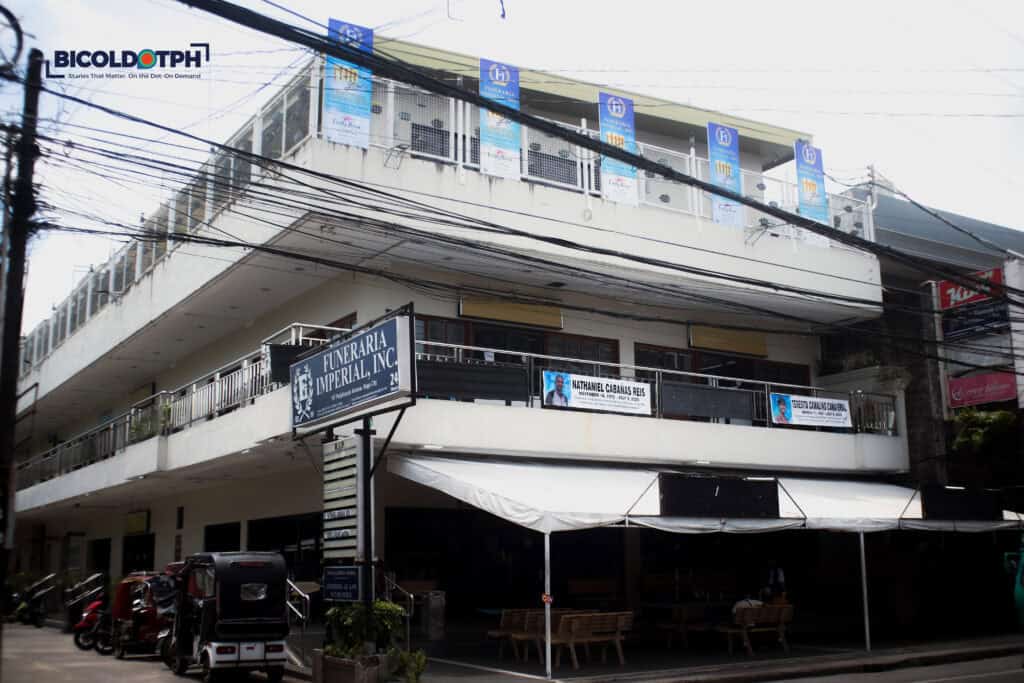
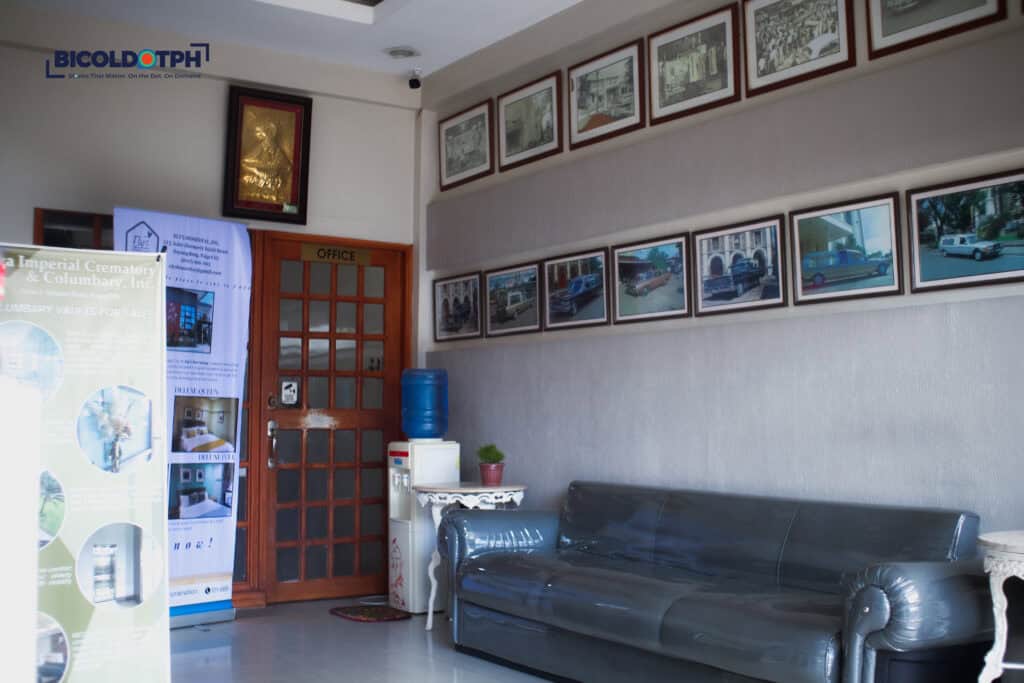
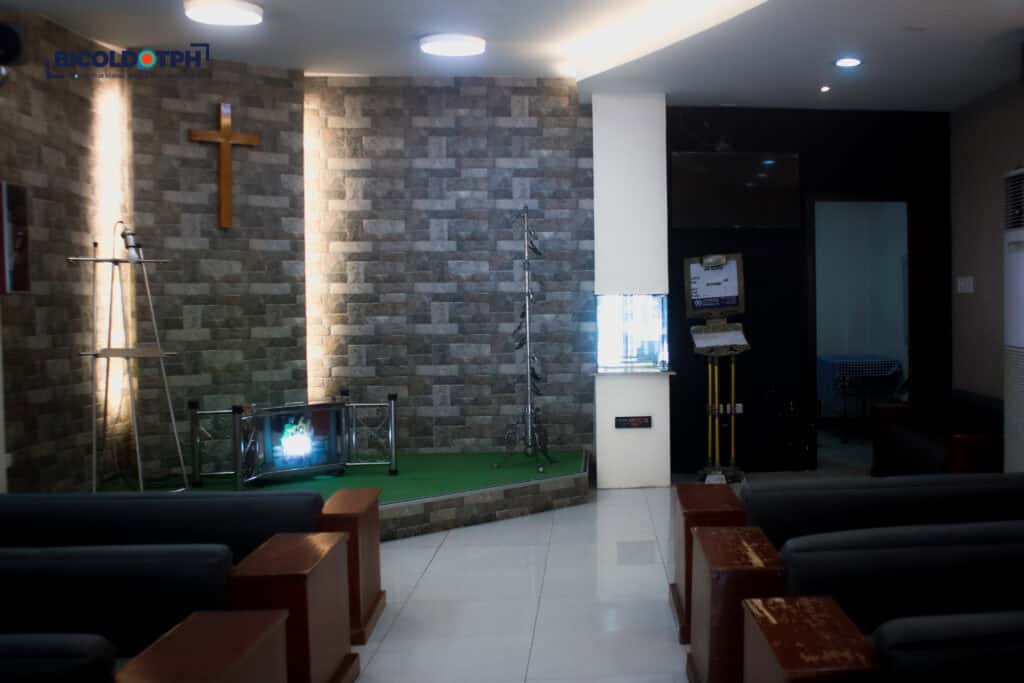
Funeral Shift
A year shy of a full century, Funeraria Imperial remains a cornerstone of the community, its legacy passed down through generations of the Imperial family. What began with humble origins in the craft of furniture-making eventually transitioned into a specialized and deeply respected funeral service.
The story begins in 1926. In a time when expertly crafted furniture was highly valued, Felipe Importante Imperial, along with his carpenter brother Florantino, ran a thriving furniture business in Naga. Their reputation for quality workmanship was widespread, and their hands were adept at creating tables, chairs, and other household furnishings.
However, according to Philip Imperial, the eldest among the 3rd generation, a unique need within the community began to emerge because no other service of its kind existed in the region.
The furniture business the family had started shifted to making coffins as people started approaching them to do so for their bereaved loved ones. The skill etched in their hands, once used to make homes, began working for the solemn task of crafting a casket to lay the remains of a departed family member.
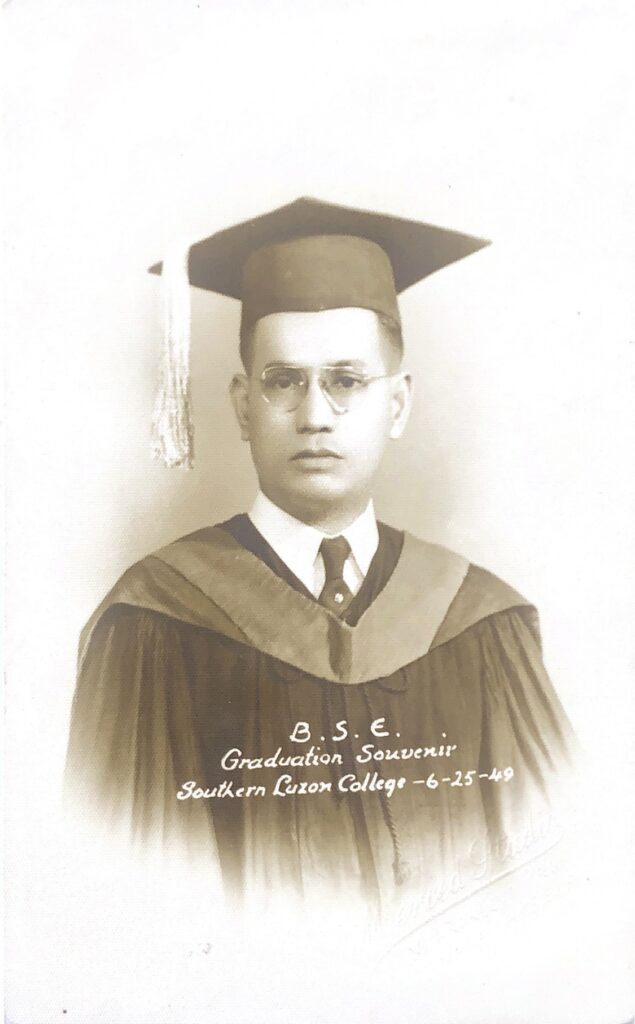
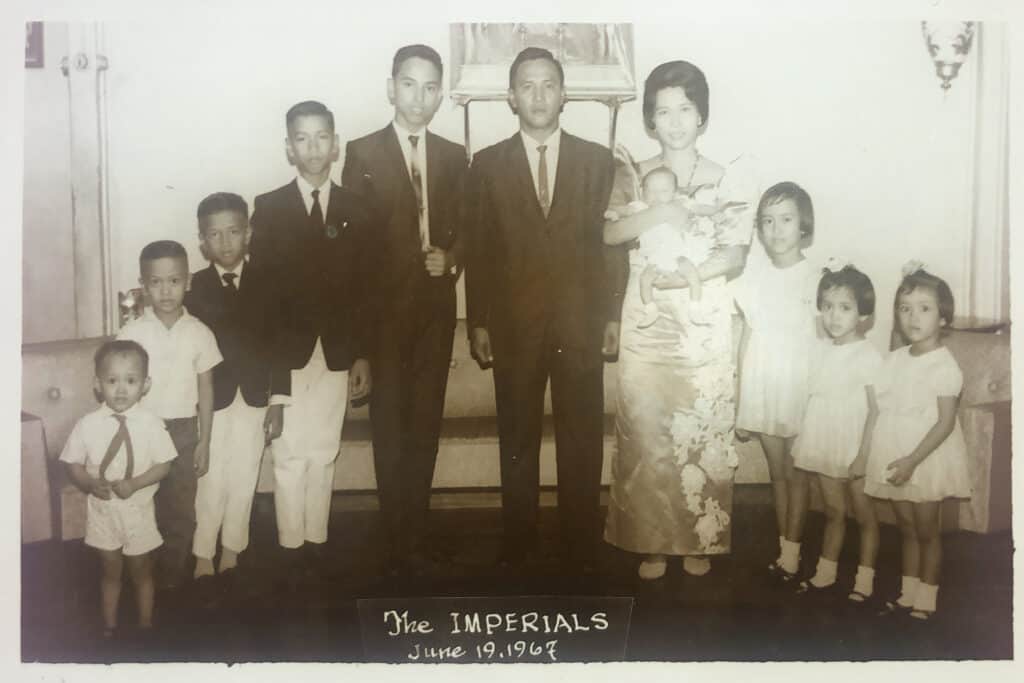
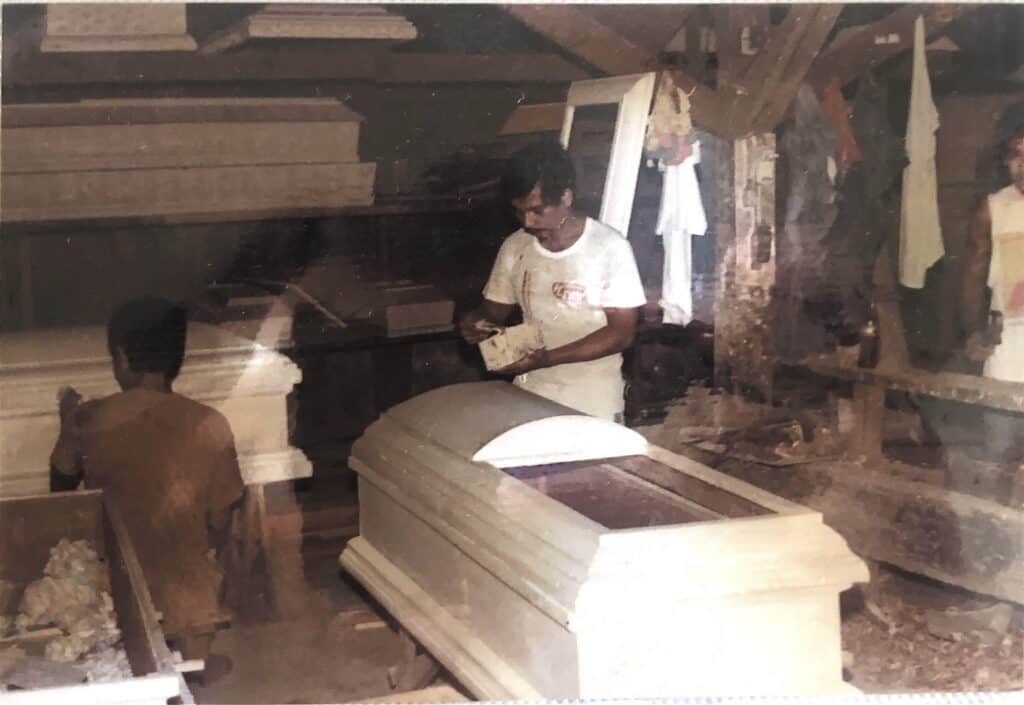
Casket of Dignity
Today, Funeraria Imperial, once perceived as a funny or “off-limits” profession, continues to serve the needs of Naga and its adjoining municipalities and regions.
“We have carpenters for building houses and furniture. But how about for the dead? Memorialization. Who will safeguard their memory? Who will honor the lives they lived when they were still with us?” Philip put clarity on the funeral’s value.
“One way of honoring their lives, their values, their family, their love, is giving them dignified funerals,” he added, honoring the lives of those who departed.
This family-owned business has not only expanded its reach but has also embraced modern methods while respecting time-honored traditions. Embalming was introduced to preserve the body for several days, a practice that became the norm before the deceased finally rested in their wooden casket. Families seeking to perform a respectfully sophisticated burial could now avail themselves of necrological rooms—spaces for speeches or eulogies, ceremonies, and a way of, at least, easing the pain of the bereaved family.
“Now, the funeral is not for the dead. The funeral, its celebrations and ceremonies are to ease the living’s grief…So, you need certain… parang closure, and then acceptance, and then later on, siguro turn your grief into joy,” Philip explains the ritual’s significance.
Moreover, they offer restorative preservation for traumatic deaths, aiming to restore the deceased’s appearance to an acceptable look. They also provide refrigeration for bodies when families need more time to decide on arrangements. Columbaries are also now available for urns, offering a modern and economical resting place.
The commitment to service and the community has been a defining characteristic of Funeraria Imperial. This was particularly evident during the most challenging times, such as the COVID-19 pandemic. “During the pandemic, we were the only ones accredited to handle those unfortunate brothers and sisters natin who passed away because of COVID,” Philip shares. He recounts working “24-7 for three months,” with their cremation machine running continuously.
The Imperial family’s dedication extends beyond the ordinary. They’ve handled numerous high-profile funerals, including that of Naga’s beloved Mayor Jesse Robredo. “We were the only funeral, except Funeraria Paz and Funeraria Nacional in Manila, who were able to conduct a state funeral,” Philip proudly states.
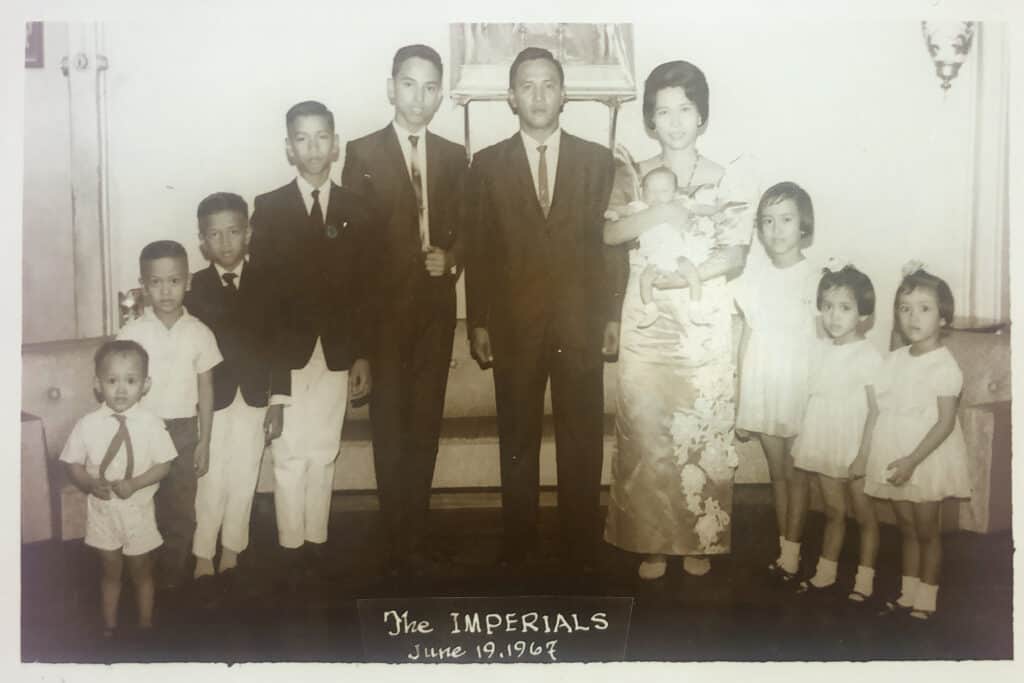
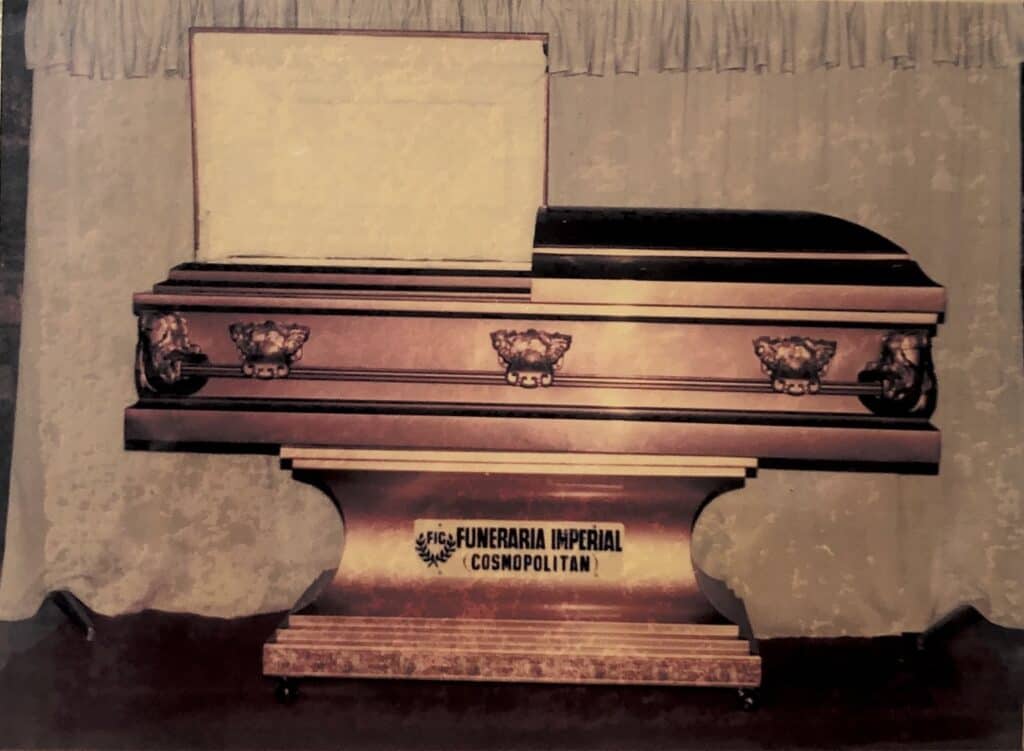
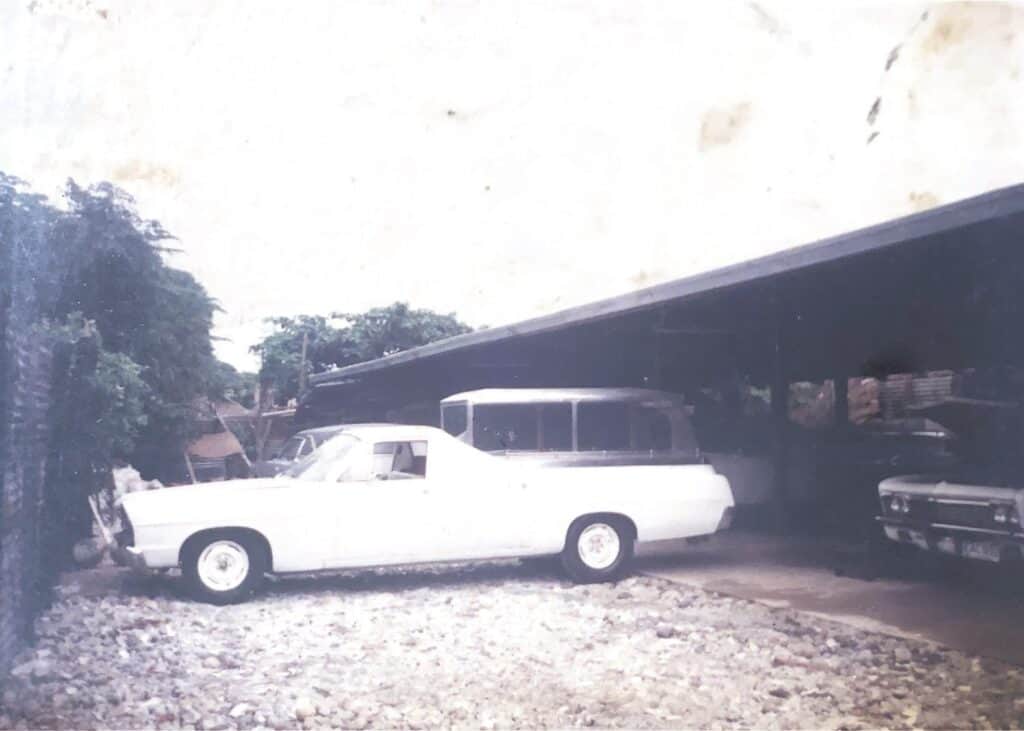
To Hundred years of service
This emphasizes Imperial’s attachment to serving values through being socially responsible producing a not purely business quality but an enduring presence that would underscore deep trust and reliance from the community—solidifying their place in the city’s history as one that serves, even in time of death, a sense of dignity.
Funeraria Imperial is celebrating its centennial with a year-long plan, featuring monthly programs leading up to a grand celebration in June 2026. Initiatives include community outreach. They are also systematizing operations and human resources to ensure a smooth transition for future generations and professionalize their employees, who now receive mandated government benefits and recognition programs.
In a world that constantly changes, Funeraria Imperial stands as a steadfast beacon, providing solace and essential services, ensuring that even in moments of profound grief, dignity and care prevail.| Story by Erica Razo and Neil Mondragon
